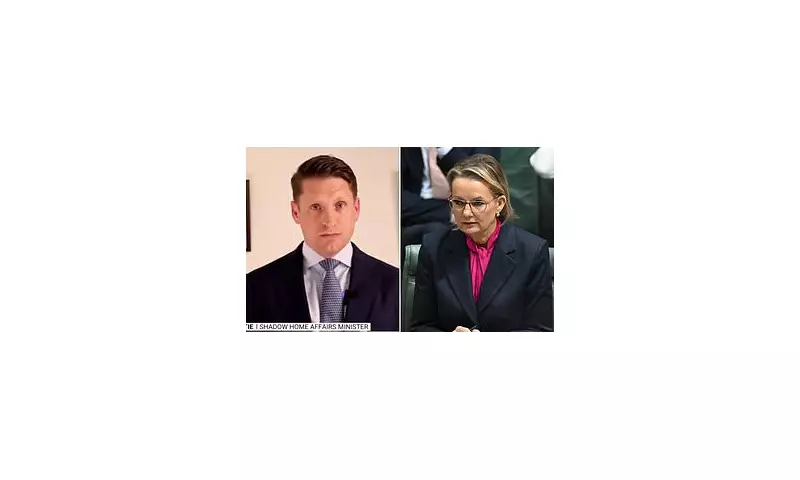
In a bombshell revelation that has sent shockwaves through Canberra and Westminster, Andrew Hastie, the influential Liberal MP and former assistant defence minister, has dramatically broken ranks with his own party's leadership.
The rising conservative star made the stunning confession during a candid interview, openly admitting his profound disagreement with Deputy Liberal Leader Sussan Ley's leadership approach and political direction.
A Candid Moment of Political Truth
Hastie's extraordinary admission cuts through the typical political unity displayed by frontbenchers, revealing the genuine tensions simmering beneath the surface of the Liberal Party. His comments represent one of the most significant public displays of dissent within the party ranks in recent memory.
'I've had my differences with Sussan,' Hastie revealed with surprising frankness. 'We approach politics from fundamentally different perspectives.'
The Ideological Divide
The West Australian MP, known for his conservative principles and strong defence background, suggested a significant ideological gap exists between his approach and that of the Deputy Leader. This confession provides rare insight into the internal dynamics and philosophical debates currently shaping Australia's opposition party.
Political analysts suggest this public airing of disagreements could signal deeper structural issues within the Liberal Party as it attempts to redefine itself following its election defeat. Hastie's comments may embolden other members to express previously private reservations about the current leadership direction.
Implications for Party Unity
The timing of this revelation is particularly sensitive for the opposition, which has been working to present a united front against the Albanese government. Hastie's confession threatens to undermine this carefully constructed image of cohesion and could potentially fuel leadership tensions.
As both figures represent important factions within the Liberal Party—Hastie from the conservative wing and Ley from the moderate faction—their public differences highlight the ongoing battle for the party's soul and future direction.
This remarkable admission raises serious questions about the stability of the current leadership team and suggests that the road to political recovery for Australia's opposition may be more fractured than previously acknowledged.





